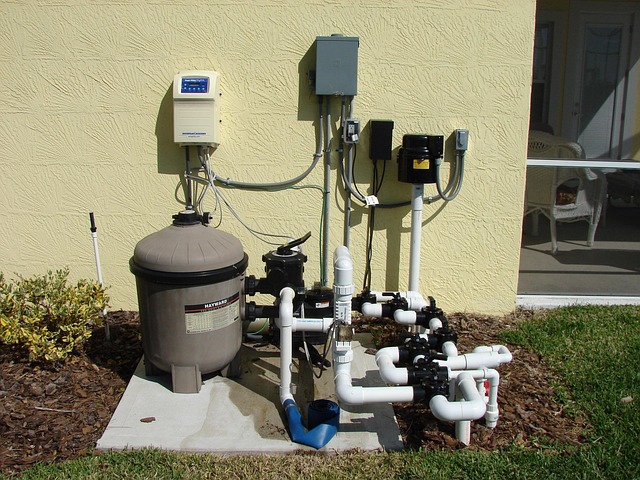Pool Repair: Common Problems, Solutions, and Maintenance
A functioning pool adds value and enjoyment to a home, but even well-maintained installations need occasional repairs. Pool repair covers a wide range of issues, from structural cracks and liner failures to pump and heater malfunctions. Understanding how common problems present and what repair options exist helps homeowners keep a backyard swimming pool safe, watertight, and efficient. This article explains typical repair needs, basic diagnostic steps, and practical maintenance strategies to minimize larger, costlier fixes down the line.

What common problems occur in a pool?
Pools commonly experience leaks, cracks in plaster or concrete, damaged liners, and failing equipment such as pumps, filters, and heaters. Algae outbreaks and poor water balance are frequent signs of circulation or filtration problems rather than chemical negligence alone. Visible indicators include wet soil or erosion near the pool edge, sudden drops in water level beyond evaporation, cracks or crumbling finishes, and noisy or non-starting equipment. Early detection reduces the extent of repairs and helps protect surrounding landscaping and structures in your backyard.
How are swimming pool leaks diagnosed and repaired?
Leak detection starts with simple tests: measure water loss over 24 hours, use a bucket test to separate evaporation from a true leak, and inspect visible fittings, skimmers, and lights. For less obvious leaks, professionals use pressure testing on plumbing lines, dye testing around fittings and seams, or electronic listening gear for underground pipes. Repairs vary from tightening or replacing fittings and seals to patching plaster, replacing liners, or excavating to repair underground plumbing. Timely action is important because leaks can undermine pool walls and damage decking and nearby home foundations.
When should you repair equipment in your backyard pool?
Equipment problems—pumps, motors, filters, heaters, and salt systems—should be addressed at the first sign of reduced circulation, unusual noise, overheating, or repeated tripping of breakers. Running a pool with compromised equipment can accelerate wear and lead to water-quality problems. Routine checks include cleaning pump baskets, backwashing filters, checking pressure gauges, and confirming heaters fire correctly. For electrical or gas-fired systems, use certified technicians for repairs to ensure safety and code compliance. Regular maintenance by local services can extend equipment life and improve energy efficiency.
Can you do pool repairs yourself at home?
Some repairs are suitable for a handy homeowner: replacing o-rings and gaskets, patching minor liner holes with repair kits, adjusting valves, or cleaning and replacing filter media. However, structural issues, major leaks, concrete or gunite repairs, and electrical or gas-related repairs should be handled by professionals with appropriate licensing. DIY attempts on large problems may worsen damage or void warranties. When attempting small repairs yourself, follow manufacturer instructions, use appropriate safety gear, and document the work in case a professional review is needed later.
What repairs protect pool structure and water quality?
Protective repairs focus on watertight integrity and reliable circulation. Replacing failing seals, repairing cracked coping, restoring plaster finishes, and keeping plumbing joints sound prevents soil erosion and structural movement. Ensuring proper filtration and pump operation helps maintain chemical balance and prevents algae growth that can damage surfaces. Regular inspection of pool lights and electrical components prevents water intrusion and corrosion. Coordinating seasonal maintenance—winterizing in cold climates and startup inspections in spring—reduces the risk of freeze damage and long-term deterioration.
Conclusion
Pool repair ranges from routine, small fixes to substantial structural and mechanical work. Regular inspections, prompt attention to leaks and equipment failures, and a pragmatic approach to DIY versus professional repairs will help preserve safety and enjoyment of a backyard swimming pool at home. Consistent maintenance protects water quality, prevents costly structural damage, and supports the longevity of pumps, filters, and finishes so the pool remains a safe, functional feature of your property.






